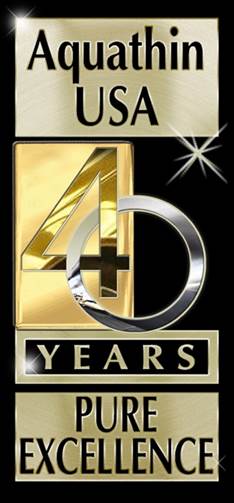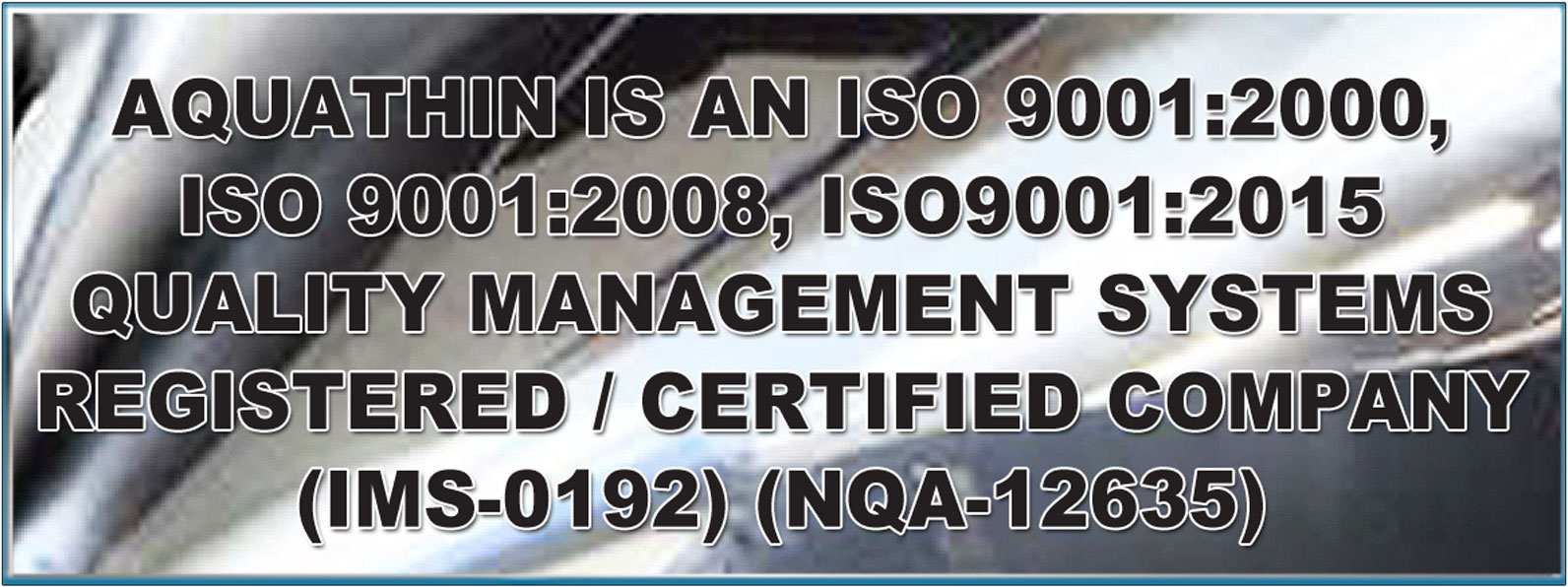Water pollution from farm runoff a problem in Kentucky
"Aquathin OP-ED Commentary"
Dear Aquathin Dealer OnLine, Splash NewsBulletin and Allergic Reaction NewsBulletin Members with special attention to Aquathin Air & Water of Evansville and Color my Heart.
We have sent you several Splash NewsBulletins in the past concerning the problem of farm runoff. This is a pandemic issue and extremely severe in many parts of the world...not just the USA. I would urge all Authorized Aquathin Dealers who service rural and well water areas to print this article for their Team and discuss the appropriate types of treatment i.e. chlorination, UV, RODI, POE nitrate. I love my Aquathin !
Water pollution from farm runoff a problem in Kentucky
LOUISVILLE, KY — One year ago, Kentucky farmers were required to submit plans detailing how they would prevent farm runoff from entering water sources to the Natural Resource Conservation District as part of the Kentucky Agricultural Water Quality Act. The plans were mandatory but not enforced, the Messenger Inquirer reported.
Water quality plans call for farmers to outline what practices they will use to prevent fertilizer, herbicides and animal waste runoff from entering nearby water sources, the Inquirer said.
No farmer has been cited for lacking a plan and state officials are still discussing how a farmer can be penalized if a farm operation is found to be polluting and doesn't have a water quality plan on file, the newspaper said. "There hasn't been enforcement due to lack of a plan," said Maleva Chamberlain, public information officer for the Kentucky Division of Water, according to the article. "They're still grappling with the protocol for that." The plans were created as a method of controlling "nonpoint" pollution — pollution that does not come from a readily identifiable source, such as sewage plants or industries, said the newspaper.
The article said in 2002 the division of water reported more than 1,200 miles of Kentucky streams were affected by nonpoint pollution from agriculture. The main type of water pollution in some areas comes from fecal coliform, said Lee Dew, water-testing coordinator for Tradewater/Lower Green River Watershed Watch, according to the article.
Although fecal coliform can enter streams through faulty septic systems, it also comes from animal operations and farmers fertilizing their fields with manure, the newspaper reported. "Most farmers aren't trying to hide anything, but it's the bad apple operators who are the problem," Dew said in the article. Dew said the water quality plans would have more effect if the state would enforce them, the newspaper reported.
FOR THE BEST TASTE IN LIFE
Think Aquathin...AquathinK!!
Edited from Tech Bank 10/29/02


